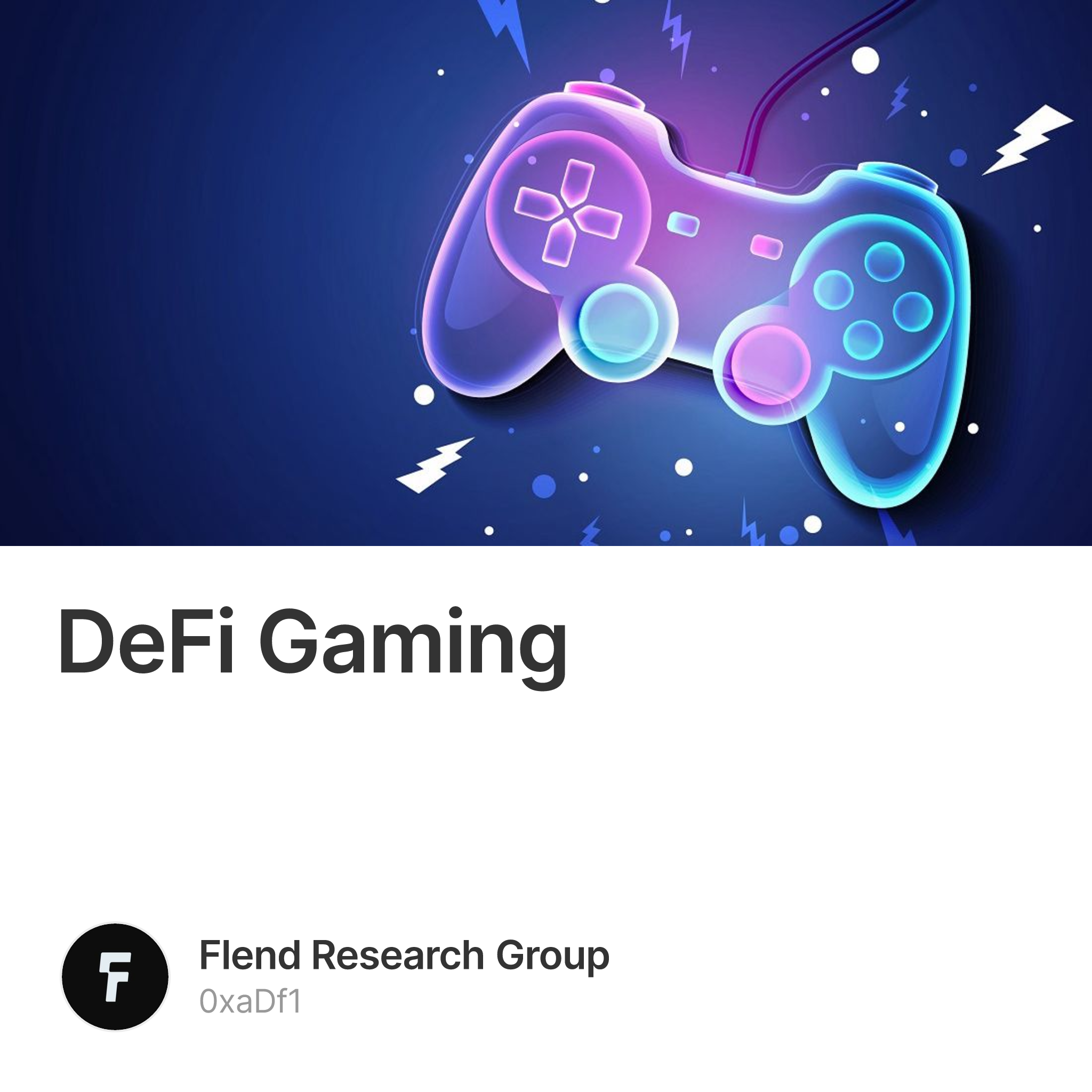DeFi games are revolutionizing gaming by merging decentralized finance with interactive play, enabling gamers to earn real-world value. Unlike traditional games, where rewards remain confined to the ecosystem, DeFi games use blockchain technology to allow players to buy, sell, and trade assets like cryptocurrency or unique collectibles on open markets.
So, what are DeFi games? These blockchain-based titles integrate DeFi protocols, letting players profit from staking tokens, providing liquidity to decentralized exchanges (DEXs), or completing challenges. Rewards can include native tokens, tradable assets, or cryptocurrency convertible to cash. This shift from entertainment to financial opportunity distinguishes DeFi games.
How do they differ from NFT games? DeFi games focus on financial mechanics like lending, borrowing, or trading within the game, while NFT games emphasize owning'and exchanging non-fungible tokens for in-game items. Many titles combine both, creating versatile experiences that attract gamers and investors, fueling innovation in blockchain gaming.
DeFi games run on platforms like Ethereum or BNB Chain, using smart contracts to handle game logic and transactions. Staking tokens, for example, locks assets via a smart contract, later releasing rewards. Players can trade tokens on DEXs or lend them for interest, all secured by blockchain’s transparency. Each game’s native tokens power its economy and can often be swapped for other cryptocurrencies.
How do players earn? Most DeFi games adopt a Play-to-Earn (P2E) model with varied income sources. Trading rare collectibles, such as limited NFTs, offers one path—these digital assets hold market value. Completing quests or battles yields rewards, like Axie Infinity’s $SLP tokens, exchangeable for money. Staking and yield farming provide passive gains, while tournaments, such as Gods Unchained’s with prize pools up to $70,000, bring competitive earnings.
Consider Aavegotchi on Ethereum: players stake $GHST tokens to upgrade ghostly NFTs, earning more through mini-games and trades. Crabada, on Avalanche, features battling hermit crabs, where $CRAB tokens unlock upgrades and profits. Space Six, on BNB Chain, rewards exploration with $SIX tokens, adding an augmented reality layer. These examples show how DeFi enhances gameplay and income.
The allure is evident: DeFi games blend enjoyment with financial potential. Challenges like high entry costs or token volatility exist, yet their rise suggests staying power. A gamer once said, “It’s like a hobby that pays.” With developers refining these systems and more players joining, DeFi gaming may soon rival traditional models.
Getting started is simple: choose a game, set up a crypto wallet, and jump in. The technology is early but promising. As blockchain advances, DeFi games will likely offer even deeper, more rewarding experiences—evidence that gaming can transcend mere pastime. Could this redefine how we play? What’s your take?
Want to know more?You can join our communities below for more updates:
Kickstart your trading career here!
Register and get your welcome bonuses click here

